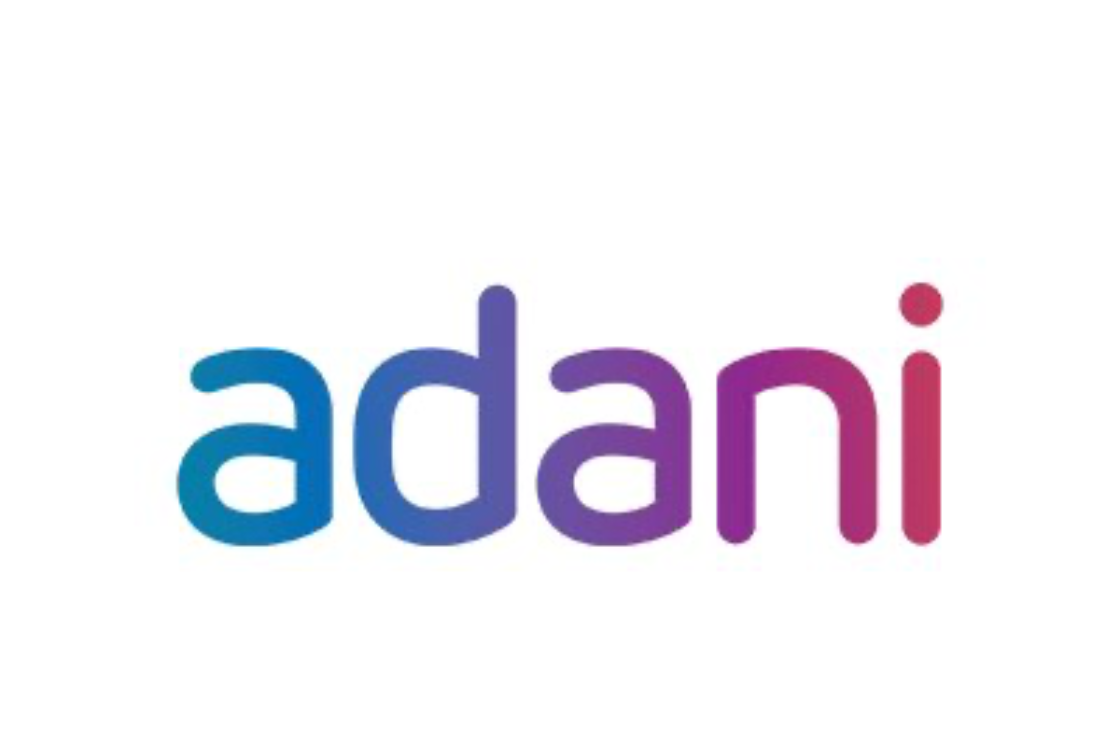
(Photo : Adani Group-X)
- Adani Group's shares plummeted following fraud allegations against chairman Gautam Adani.
- Adani is accused of paying over $250 million in bribes to secure solar energy contracts.
- The indictment implicates two executives from Adani Green Energy and others from Azure Power Global and CDPQ.
- The charges have drawn international attention and could have significant implications for corporate governance and business ethics.
The Indian business landscape was rocked by a seismic event as shares of the Adani Group, one of the country's largest conglomerates, plummeted on Thursday. The cause of this financial tremor was the indictment of the group's billionaire chairman, Gautam Adani, in a New York federal court. The charges revolve around his alleged involvement in a widespread bribery and fraud operation. Along with seven other defendants, Adani stands accused of paying over $250 million in bribes to Indian government officials to secure solar energy contracts that could potentially generate more than $2 billion in profits.
The indictment has sent shockwaves through the Indian stock market, with the group's flagship firm, Adani Enterprises, witnessing a 10% drop in its share price. Adani Green Energy, the company at the center of the controversy, saw its shares tank by 17.28%, while Adani Energy experienced a 20% fall. Other companies within the group were not spared either, with Adani Power losing 13.81%, Adani Port's share price dropping 10%, and the group's retail arm, Adani Wilmar, shedding 7.87%.
The ripple effect was felt across the market, with the benchmark NSE Nifty 50 Index sliding 0.63% in its first hour of trade.
The Indictment and Its Implications
The indictment also implicates two executives from Adani Green Energy Limited - Gautam Adani's nephew, Sagar Adani, and Vneet Jaain. They have been charged with misleading U.S. and international investors about the company's adherence to anti-bribery and anti-corruption standards while raising over $3 billion to finance energy projects.
The indictment extends to Ranjit Gupta and Rupesh Agarwal, former executives of the renewable energy firm Azure Power Global, along with three former employees of the Canadian institutional investor Caisse de Depot et Placement du Quebec (CDPQ) - Saurabh Agarwal, Cyril Cabanes, and Deepak Malhotra. CDPQ has confirmed its awareness of the charges and stated that the implicated employees were terminated in 2023, and the investor is cooperating with U.S. authorities.
This development comes on the heels of the Adani Group's efforts throughout the previous year to move past allegations of accounting fraud and brazen stock manipulation made by short-seller firm Hindenburg Research. Hindenburg, in a statement to CNBC, reiterated its stance, stating, Since releasing our January 2023 report identifying Adani as the largest corporate con in history, we have never wavered in our view, nor has Adani ever refuted our findings.
The Aftermath and Future Outlook
In response to these allegations, the Adani conglomerate has maintained that it has always been in compliance with all laws. The charges, according to Matt Orton, Raymond James' head of advisory solutions and market strategy, do not alter the strong underlying fundamentals of India's market or the country's growth trajectory. He further added, Once the dust settles, there will be even better opportunities for long-term investors in India.
The indictment of Gautam Adani has drawn international attention, with the Indian embassy in Washington yet to respond to requests for comment. Lawyers for the defendants have not been identified yet. None of the defendants is in custody, and Gautam Adani is believed to be in India. His fortune makes him the world's 22nd-richest person, and second-richest in India behind Reliance Industries Chair Mukesh Ambani, according to Forbes.
The indictment has also shed light on the operations of Adani Green Energy's Khavda Renewable Energy Park in India, which was a focal point of these operations, designed to expand the billionaire's renewable energy empire. The charges also include alleged false statements of material facts or omissions from statements related to a bond issuance that raised capital for the solar energy contracts.
The indictment of Gautam Adani serves as a stark reminder of the importance of corporate transparency and adherence to anti-bribery and anti-corruption standards. As the legal proceedings unfold, the global business community will be watching closely, with the outcome likely to have significant implications for corporate governance and business ethics.









